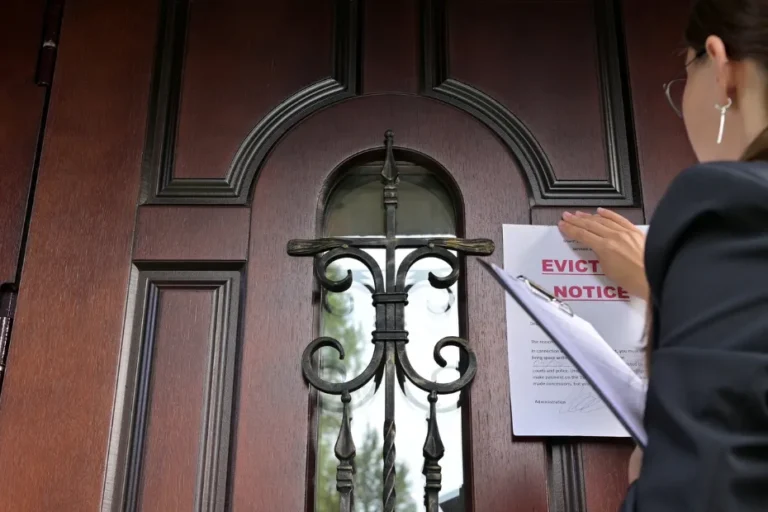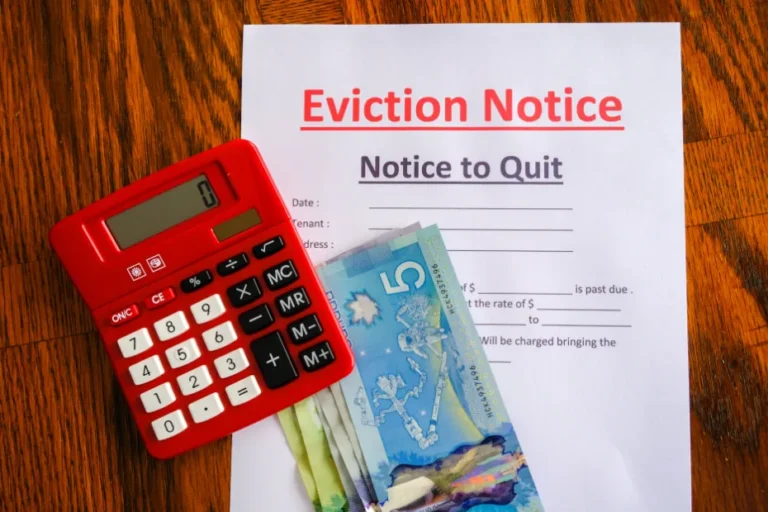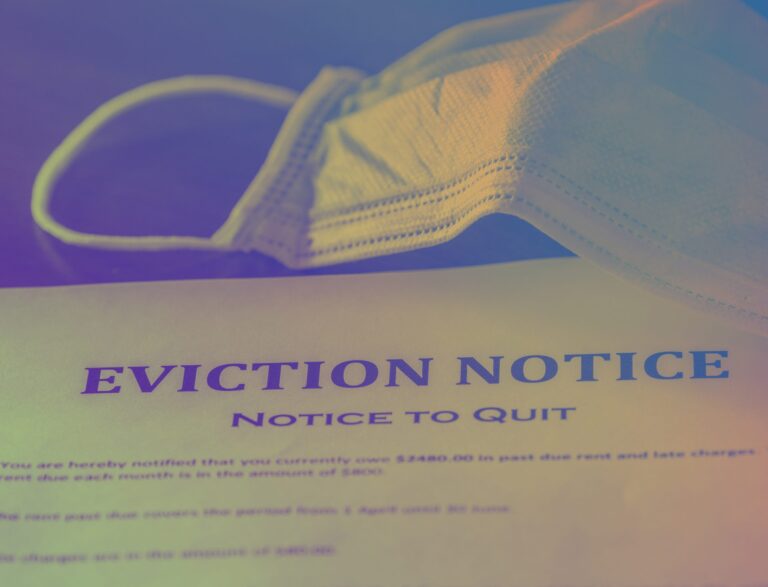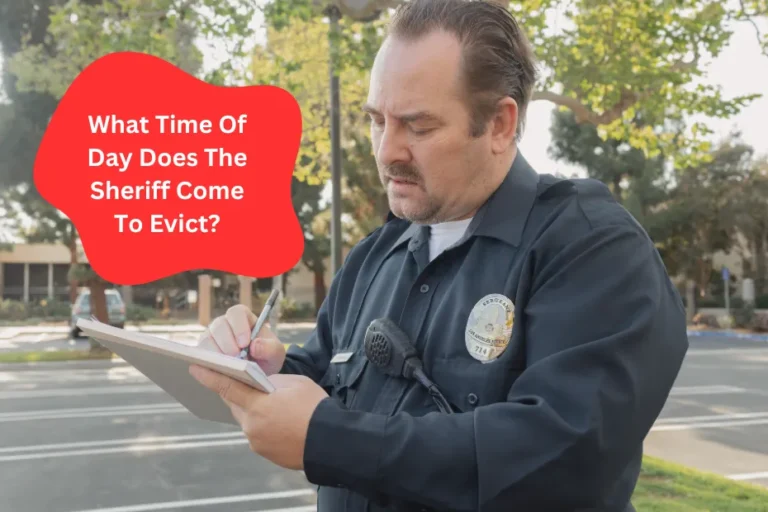What Happens When a Lease Runs Out on Property
When a lease runs out, all legal rights in the property revert to the freeholder, and the property no longer belongs to the leaseholder, even if they have lived there for a long time. The leasehold title and freehold title become a single interest.
This means that the tenant must either move to a new property or negotiate new terms to continue living in the property.
It is important to understand the implications of a lease expiration and the options available to both the tenant and the freeholder.
We will explore what happens when a lease runs out and how it may impact both parties involved.
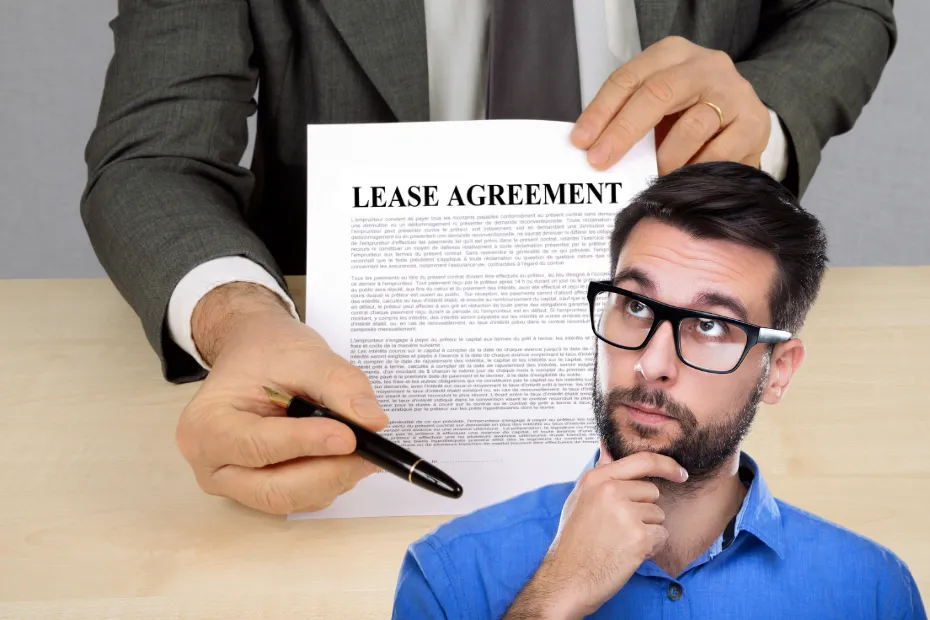
Effects Of Lease Expiration
When a lease reaches its expiration date, there are several important effects that both landlords and tenants need to be aware of. Let’s explore the two major effects of lease expiration:
Rights And Ownership Reversion
When a lease expires, all legal rights in the property revert back to the freeholder. The leasehold title and freehold title, which were previously separate interests, become a single interest.
This means that if you are the leaseholder, the property no longer belongs to you, even if you have lived there for a long time.
Residential Leasehold Expiration
When a residential leasehold expires, the tenant has two options. They can either move to a new property or negotiate new terms with the landlord to continue living in the same property.
If the tenant chooses the latter option, both parties will need to come to an agreement on the new lease terms, including the duration and rental amount.
Legal Implications

When a lease runs out, all legal rights to the property revert to the freeholder, merging the leasehold and freehold titles.
The tenant can either relocate or negotiate new terms with the landlord before the lease expires. If no new agreement is reached, the tenant must vacate the property.
Lease Expiration Definition
When we talk about the legal implications of a lease running out, it is important to understand what lease expiration means.
Lease expiration refers to the end date of a lease agreement when the contractual terms and obligations specified in the lease agreement come to a close. It marks the completion of the agreed-upon lease term.
Tenant’s Rights After Lease Expiration
Once a lease expires, tenants may wonder what rights they have regarding the property. While the specific laws may vary depending on the jurisdiction, generally, tenants have several options and rights after their lease expires:
- Option to Renew: In some cases, tenants may have the option to renew their lease agreement for another term. This can be beneficial for tenants who wish to continue living in the same property.
- Month-to-Month Tenancy: If both the tenant and landlord do not sign a new lease agreement, the tenancy typically transitions into a month-to-month agreement. This means that the tenant can continue living in the property on a month-to-month basis, as long as both parties agree.
- Notice to Vacate: Tenants may also choose to provide notice to vacate the property after the lease expires. This allows them to move out without any further obligations or responsibilities towards the property.
It is important for tenants to review their lease agreement and consult with a legal professional to fully understand their rights and options after their lease expiration.
Related Post: Can My Landlord Raise My Rent During My Lease?
Consequences For Tenants

When a lease runs out, all legal rights in the property revert back to the freeholder. The leaseholder no longer owns the property, even if they have lived there for a long time. The tenant can either move to a new property or continue living in the property under new terms.
Month-to-month Tenancy
When a lease agreement reaches its end date, in most cases, the lease continues on a month-to-month basis until one party notifies the other in writing that they are terminating the tenancy.
This means that as a tenant, even if your lease runs out, you have the option to continue living in the property on a monthly basis.
It’s important to note that the terms and conditions of the original lease may no longer apply, and the landlord may have the right to make changes or adjustments to the rent or other terms.
Liability For Rent
As a tenant, it’s crucial to understand that even when your lease runs out, you may still be liable for the rent.
If you decide to move out without giving proper notice to terminate the tenancy, you could still be responsible for paying the rent until the notice period ends or until a new tenant is found to occupy the property.
Therefore, it’s essential to communicate with your landlord and provide written notice if you intend to vacate the premises.
In some cases, landlords may choose to accept rent payments after the lease has expired. This can inadvertently create a month-to-month tenancy, and as a result, landlords cannot legally treat the tenant as a holdover or unauthorized occupant.
Lease Management
When a lease runs out, all legal rights in the property revert to the freeholder. The leasehold and freehold titles become one, and the property no longer belongs to the leaseholder, even if they have lived there for a long time.
The tenant can either move to a new property or continue living in the property under new terms.
Lease management is a crucial aspect of renting a property, and understanding what happens when a lease runs out is essential for both tenants and landlords. In this section, we will explore lease renewal options and terminating a lease.
Lease Renewal Options
When a lease reaches its expiration date, tenants have several options for renewal. Here are some common lease renewal options:
- Renewing for another fixed term: In this option, the tenant and landlord agree to extend the lease for a specified period, typically another year or two. This offers stability and allows both parties to plan accordingly.
- Switching to a month-to-month arrangement: Some tenants may prefer flexibility and opt for a month-to-month lease after the original term ends. This allows for greater freedom to move out with proper notice.
- Negotiating new terms: When a lease expires, it provides an opportunity for tenants and landlords to renegotiate certain aspects of the lease, such as rent amount, lease duration, or maintenance responsibilities. This option can be beneficial for both parties.
It’s important for tenants to communicate their intentions well in advance of the lease expiration date. This helps landlords plan accordingly and ensures a smooth transition.
Terminating A Lease
There are situations where tenants may need to terminate a lease before it expires. Here are some scenarios when terminating a lease might occur:
- Job relocation: If a tenant’s work requires them to move to a different city or state, they may need to terminate the lease early. It’s advisable to communicate this situation with the landlord to explore possible solutions.
- Home purchase: Some tenants may decide to buy a home during the lease period. In such cases, they may need to terminate the lease early. Giving proper notice and discussing the situation with the landlord is essential in these circumstances.
- Disputes or unsatisfactory conditions: If a tenant encounters significant issues with the property, such as maintenance problems, safety concerns, or breaches of the lease agreement, they may have grounds to terminate the lease early. It’s crucial to document the issues and inform the landlord in writing.
Different Lease Expirations
When a lease runs out, it’s essential to understand the different lease expirations, which can apply to various types of agreements, from residential leases to car leases. Let’s explore the implications of different lease expirations.
Residential Lease Expiration
Residential lease expiration marks the end of a lease agreement for a rented property. When a residential lease expires, both the landlord and the tenant must decide whether to renew the lease, negotiate new terms, or terminate the tenancy.
This often involves understanding local tenant rights and eviction laws, and can vary significantly from one jurisdiction to another. It’s crucial to communicate any decisions about lease renewal or termination effectively to avoid legal disputes.
Car Lease Expiration Options
Car lease expiration options include returning the vehicle, purchasing it outright, or entering into a new lease agreement.
The terms and conditions of the original lease is critical when navigating these options, as they typically outline end-of-lease procedures, excess mileage charges, and potential wear-and-tear fees.
Before the car lease expiration date, lessees should conduct a thorough inspection to identify any potential issues that could impact the end-of-lease process.
Frequently Asked Questions
What Happens When The Lease Ends?
When the lease ends, the legal rights to the property revert to the freeholder. The leaseholder no longer owns the property. They can either move to a new property or continue living in the property under new terms.
What Does It Mean When A Lease Expires?
When a lease expires, the property no longer belongs to the leaseholder, even if they have lived there for a long time. All legal rights in the property revert back to the freeholder, and the leasehold title and freehold title become a single interest.
The tenant can either move to a new property or continue living in the property under new terms.
How Long Can A Tenant Stay After The Lease Expires Texas?
After the lease expires in Texas, tenants can stay on a month-to-month basis until termination is written by either party.
How Long Can A Tenant Stay After The Lease Expires In Pa?
After the lease expires in Pennsylvania, the tenant can continue living in the property under new terms.
Final Thoughts
When a lease runs out, the property reverts back to the freeholder, and the leasehold and freehold titles become one. This means that even if you have lived in the property for a long time, it no longer belongs to you as the leaseholder.
You have the option to either move to a new property or continue living in the property under new terms. It’s important to understand the implications of a lease expiration and make appropriate arrangements.

